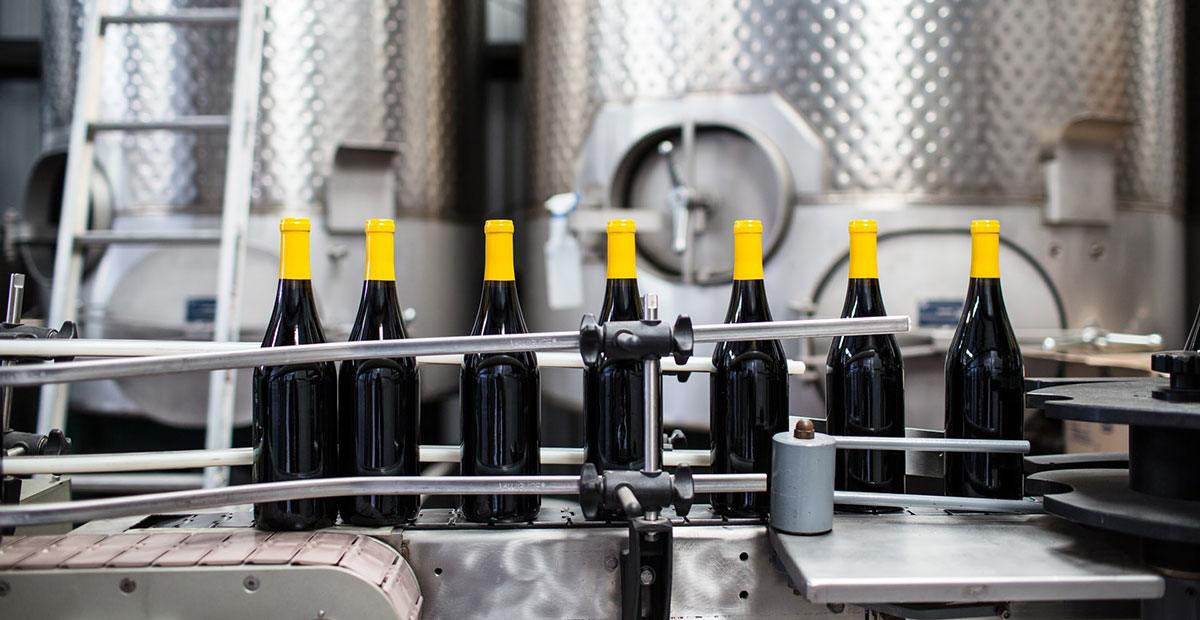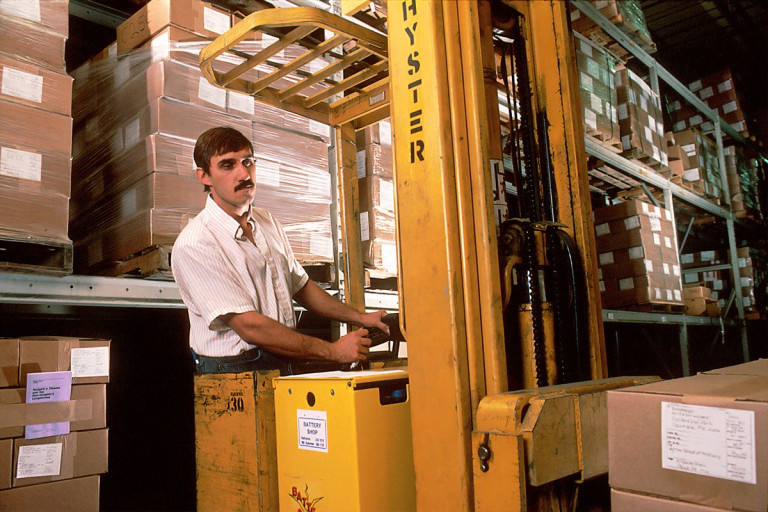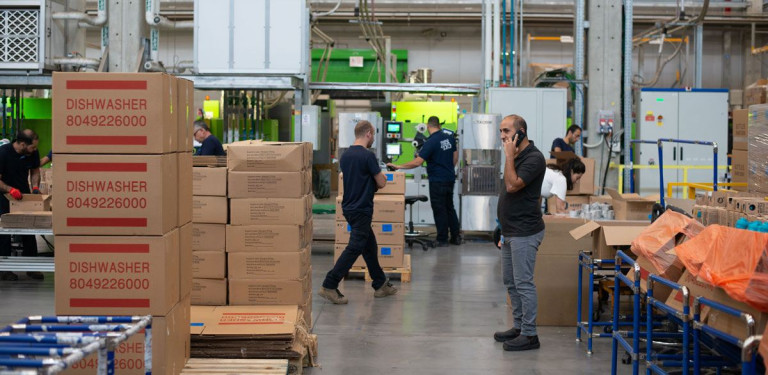With so many challenges facing food manufacturers, maintaining a quality product, a sustainable margin and a competitive edge in the marketplace may seem impossible, without the right Food ERP system.
ERP systems are critical for manufacturers and distributors in the food industry. With the standards now imposed by the FDA, it’s vital for organizations to have visibility and control at every stage of the production cycle.
Because failure to adhere to FDA standards can be costly. One manufacturer we worked with spent more than $300,000 in a year to cover mislabeling fines!
Have you ever had to pay huge fines for a seemingly simple mistake? Comment below.
With integrated quality management tools inside your food ERP system, you have visibility into every facet of your production process and the ability to maintain a quality product that meets everyone’s standards.
From the powers that be right on down to the pickiest consumer palate.
Gain Visibility
These days, food production has become increasingly globalized and more complicated.
This complexity makes it harder for food manufacturers to track products from raw materials to shipped goods. It’s even harder in the event of a recall.
Despite the complexity of the industry, many food manufacturers still try to get by using paper records or several stand-alone systems.
These are not efficient or sustainable solutions.
Imagine being a food manufacturer and trying to document sanitation processes or collecting the results of food safety tests, using a basic spreadsheet or even on paper. There’s bound to be input errors and/or duplication of data which will hamper any proposed efficiencies.
A more efficient method of collecting important data, especially in light of FSMA, is to deploy a robust food ERP system.
Why do I need a Food ERP System?
With regulations like FSMA constantly changing, it can be difficult for companies to stay compliant and avoid incurring fines.
Little wonder 48% of food and beverage manufacturers report that ensuring compliance with current and future regulations is their top organizational priority. This is where ERP systems with functionality designed specifically for the food and beverage industry can help.
Here are 4 ways ERP systems can support visibility for food manufacturers and distributors:
Improved Food Safety
Food ERP systems provide the detailed control you need track expiration dates, ingredient attributes, and other vital information. This helps you achieve high food safety standards and stay compliant, by streamlining food processing with accurate labeling and packaging.
To tightly control key factors like ingredients, allergens, and expiration dates, manufacturers should rely on technology to manage and organize their operations.
Effectively Manage Recalls
Without a food ERP system, it’s almost impossible for food and beverage manufacturers to track raw materials through the production process, to the shipped goods.
Doing this manually will take hours or days of sorting through hundreds of paper-based records.
Food ERP systems provide the control you need to trace finished batches, find questionable ingredients and track down any raw materials in the event of a recall. An ERP system designed for food manufacturers and distributors includes specialized reports for a streamlined recall process.
In the event of a recall, this means you can have the required documentation and proof within the FDA’s mandatory time frame for reporting.
Manufacturing Cost Control
For many manufacturers and distributors, cost control is a major headache; especially when cost data is scattered in disparate silos.
Using a food ERP system, manufacturers can implement lean manufacturing, JIT purchasing and JIT manufacturing processes to track all costs, so you know exactly how much it costs to manufacture your products.
The right ERP software allows you to manage your costs, develop forecasts, budget, perform what-if analysis etc.
Ultimately, implementation of an ERP software will lead to a reduction in operating costs, by decreasing inventory control costs, production costs, administrative and marketing costs.
Lot Traceability
Traceability means that a manufacturer can track all the phases of a food’s production and distribution.
With the detailed data that an ERP gives you, you can track products and goods from inception to fulfillment. This data can help you to:
Conclusion
Deploying a solution to address food industry-specific issues like promoting compliance, improved lot traceability and quality control, will help you gain valuable insight, adhere to regulatory standards and lower operational costs.
At Admiral Consulting Group, we know automation can help businesses run efficiently and we advise clients in the food manufacturing and distribution industry to deploy an ERP system that can handle the unique requirements of their industry. We offer food industry software consulting services to help your business sacve. Contact us to discover new insights into your food or manufaturing business.



